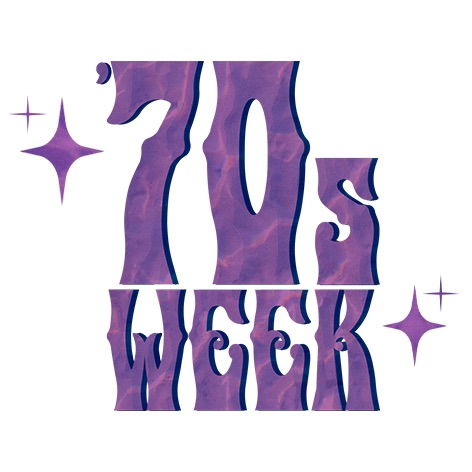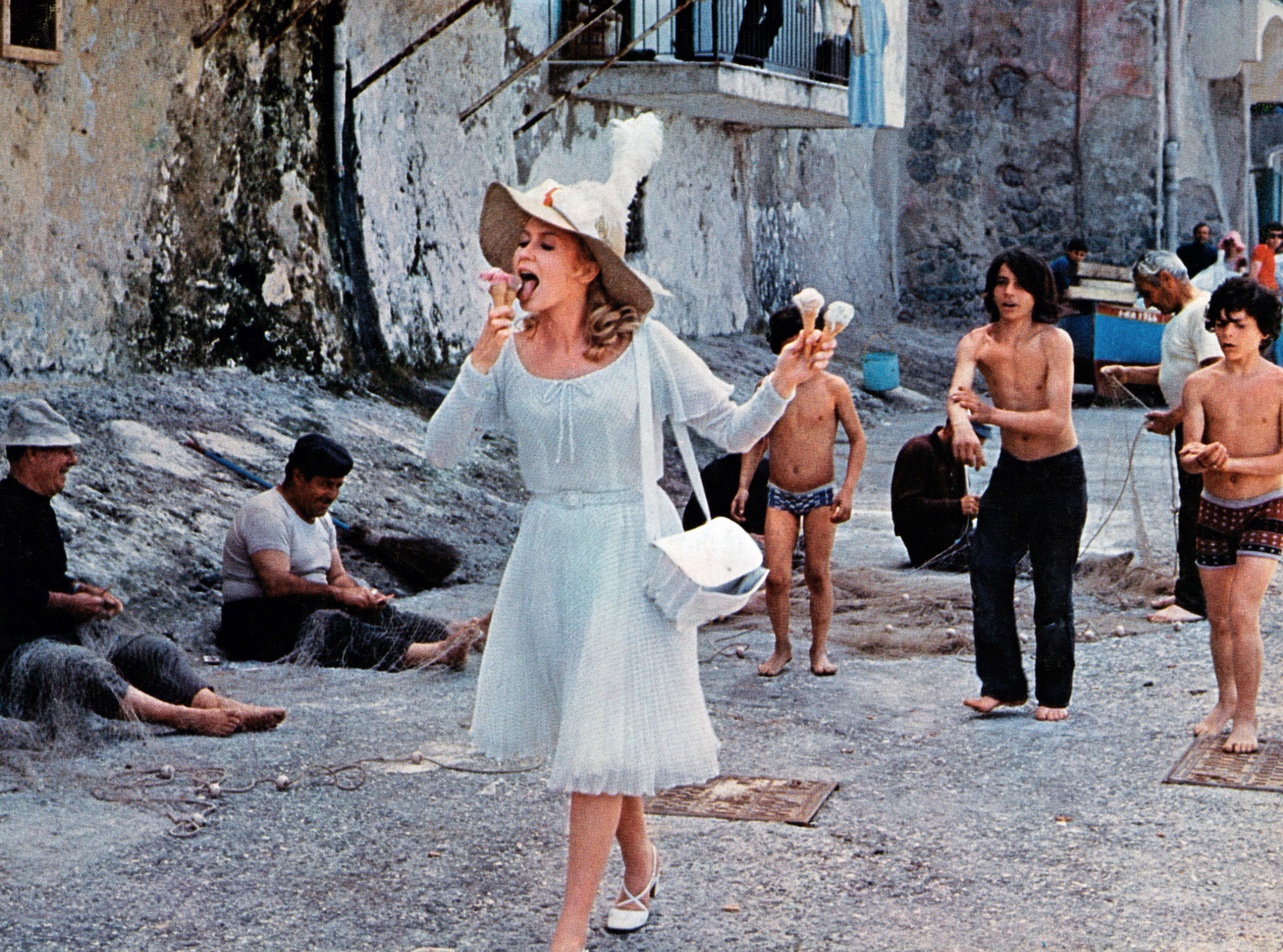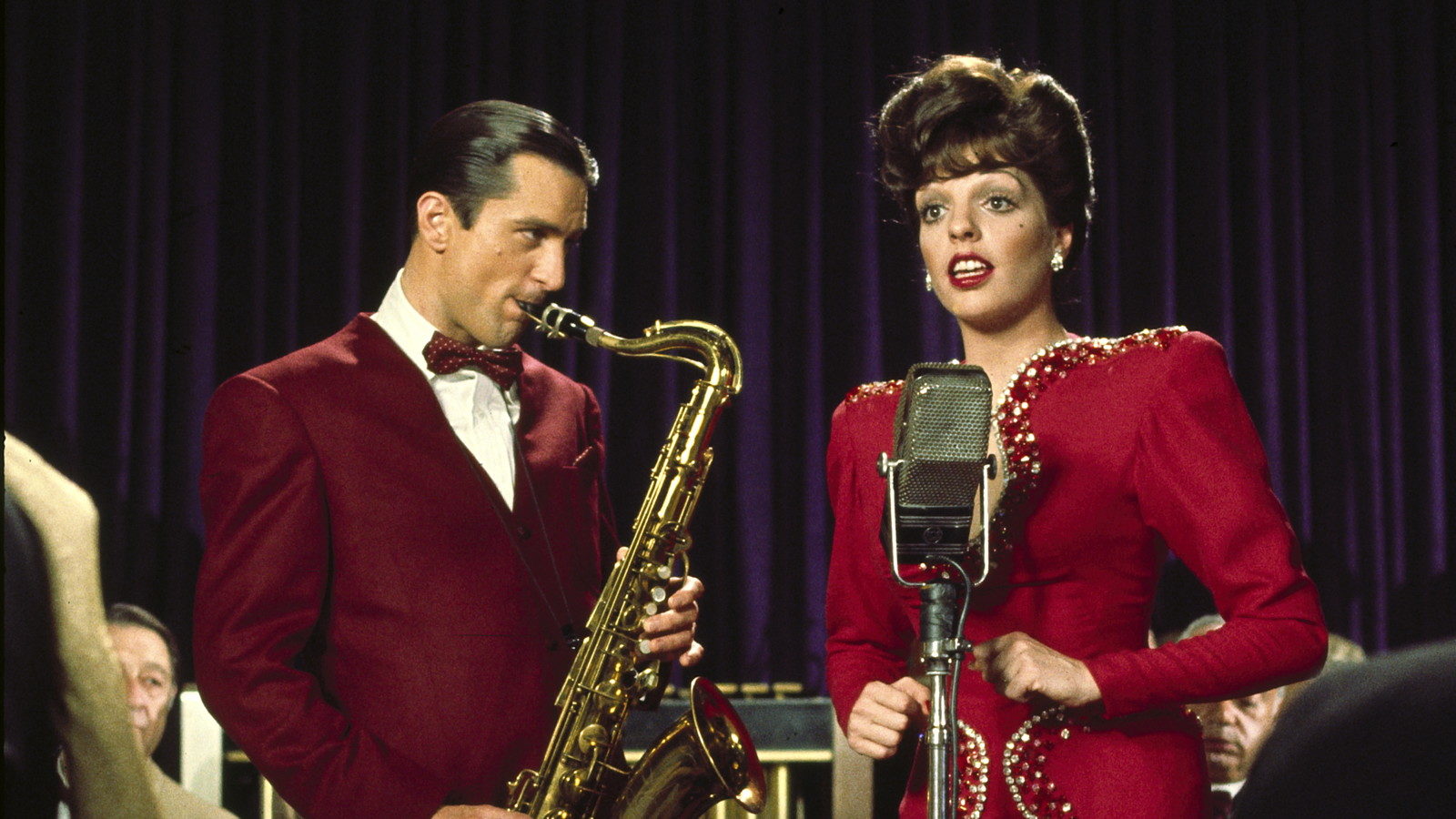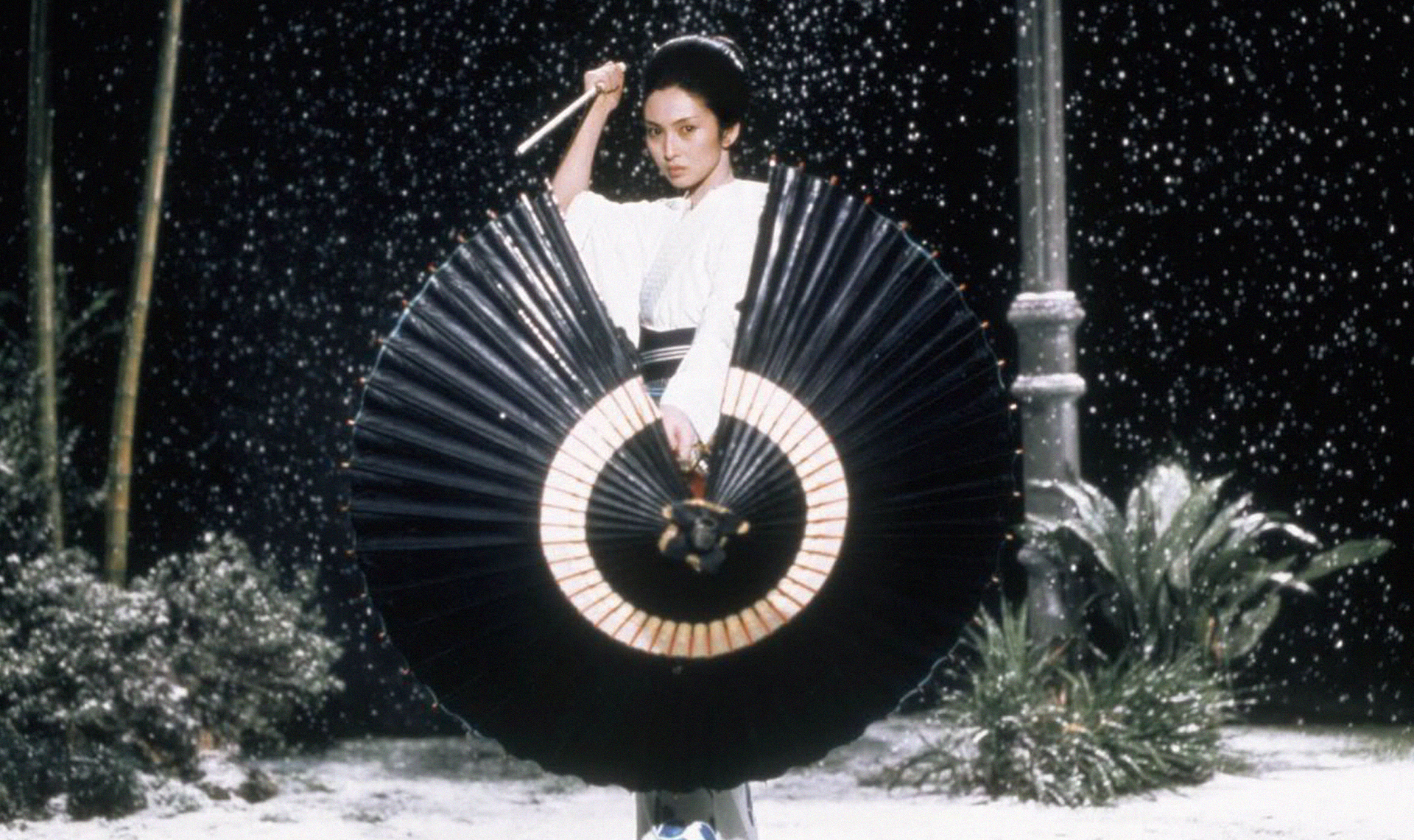
There are many names that flash through your mind when the ‘70s is evoked. Jack Nicholson. Cher. Van Halen. Mary Tyler Moore. Narrow it down to directors and you might list Frances Ford Coppola, George Lucas, and Steven Spielberg in quick succession.
I would place a sizable wager, however, that next to no one says Billy Wilder when thinking about the 1970s. Wilder’s most celebrated work is likely “Sunset Boulevard,” the scathing, cautionary tale of Hollywood gone wrong — squarely defined by its 1950 release date. “The Apartment” is another seminal work, thag one positioned firmly in 1960 corporate America. “Some Like it Hot,” “The Lost Weekend,” “Stalag 17,” hell, even “The Fortune Cookie” each made their way into the marrow popular culture, breaking through the crowded zeitgeist to represent something tangible about their respective decades.
The work that Wilder made in the ’70s was greeted with significantly less success, and continues to be seen as less relevant to the story of that era as his earlier films were to their own, but his most interesting film from that time period — the 1972 comedy “Avanti!” — deserves to be recognized as a lucid crystallization of the socioeconomic and sexual mores of its day. In a recent conversion with IndieWire, “Avanti!” co-lead Juliet Mills discussed making the film, and how its themes and message reflect something unique about the culture.
“When it came out, it got panned by the critics,” Mills said. “Who knows why, really? But you know, sometimes they suddenly have a go at people who are so successful [like Wilder]. “I remember Billy was very, very disappointed with the reception of the film.”
The movie follows American businessman Wendell Armstrong, Jr. (Jack Lemmon) as he travels to Italy to recover the body of his corporate mogul father. There, he discovers that his dad had been having a decade-long affair with a British woman, and that the couple died together in a crash while “Hello, Dolly” played on their car radio. That woman’s daughter, Pamela Piggott (Mills), has also come to claim her mother’s body. Pamela is a self-effacing free spirit whose honesty and abandonment cast a spell on the embittered Wendall. Through a series of misunderstandings and mishaps, the pair charmingly begin an affair of their own.
Wilder had written the part with Mills in mind. “He called my agents and said he wanted to meet me. So I went over to his office, and [co-writer] I. A. L. Diamond was there, and he told me that he got this script, and he’d always wanted to see me in the part. And, you know, was I interested? Well, I mean, for God’s sakes, I fell off the chair,” she recalled. “But actually we had met many years before. I was in a play in London — he came around to see me and he was very complimentary. And he said to me, ‘One day we’ll work together.’ And of course, I thought, ‘Oh, that’s one of those Hollywood promises.’ But actually it came true.”
One particular element of the plot, though, was not an exact match with Mills — and it’s an element that hasn’t aged very well: Pamela is supposedly overweight, to the point that Wendell is compelled to call her a “fat ass” in a moment that is played to be funny. Mills does not appear overweight in the film by any standard, and Wilder films her with a loving eye. As such, the script’s comments on her weight take on an entirely different meaning, which could be generously be seen as a critique on impossible beauty standards.
“He said to me, ‘Take the script home, but there is a catch: You’ve got to put on 35 pounds,’” Mills recounted. She decided it was worth the challenge. “I had three months to sort of prepare for it — it was quite hard, harder than I had thought it would be. I was pretty slim in those days, and that’s quite a lot of weight for someone who’s five foot two.”
Mills said she enjoyed gaining the wait — up to a point, when she “got sort of stuck” and still needed to put on 10 pounds. “I remember I stopped in London on my way to Rome to see with my parents, and I said to my father, ‘You know, he’s going to weigh me, and I’m still not up to 35 pounds.’ So Daddy said to me, ‘We’ll fix that. You’ve got a week here, all right: Carlsberg Special Brew. So he and I were pissed for about a week, and I put on another seven pounds.”
Even so, her father John Mills — the famed British acting legend — found the whole conceit a little silly. “My father had always said, ‘That’s ridiculous. It’s just for that one “fat ass” joke that he’s got you putting on all that weight,’” Mills said. “[Wilder] wanted it to be a very offbeat love story, one that wasn’t about the obvious sort of pretty girl on the Riviera. She was a misfit. She wasn’t the obvious choice for a man like him, an American executive coming to Italy. It wasn’t obvious that he would fall for someone like her. And I think that was really his idea…. [but] I wasn’t really fat enough for the whole joke.”

Filmed on location at the famed Italian studio Cinecittà, in addition to various other locations in the country, the exotic shoot was a far cry from the Hollywood-bound sets where Wilder had spent much of his career. Mills and Lemon also have (tasteful) nude scenes and utter some choice words here and there. In these senses, “Avanti!” is very much a ’70s film when compared with the director’s previous work — a real location with real people the way real people speak, albeit a lot smarter (it is Billy Wilder, after all).
“[We had to be] letter perfect,” Mills said. “Nothing added. No improvisation. I mean [down] to the punctuation. He was so precise with his dialogue, it was so beautifully written, and he expected you to just know it and say it. And he wasn’t dictatorial about it, but it was just an accepted fact that the Billy Wilder script was not to be tampered with in any way. And of course, you didn’t need to tamper with it, either.”
Mills reminisced about what she called a happy production, describing Wilder and Lemon as two of the most delightful, funny people to work with — she would go on to form close friendships with them both. She said that Wilder believed in creating a mood on set, to the point that he even used music to get his performers in the right head space. “One of the interesting things that I’ve never experienced on any other film was that he used music like the silent movies on the set. He would sometimes have music playing which sort of set the tone, as it were, for a scene. And I found that immensely helpful. Of course, it not only set a mood, it also quieted everybody down. You know how often on film sets there’s all the sort of hubbub going on — everybody’s talking and joking. Well the music that stops a lot of that. And people just get on with the job and think their thoughts and getting the mood of the scene,” Mills shared.
The work paid off. In retrospect, the film’s relationships and its story beats share much in common with Wilder’s more beloved works, particularly romantic comedy-dramas “The Apartment” and “Sabrina.” The proceedings simply happen to be less naive — Wilder hadn’t changed, but the times had, and if anything the film reflects that schism all too well, especially in so far as “Avanti!” reflected the location-realistic trend epitomized by dramas like “The Godfather” and “Cabaret” at the same time as it pulled back from their polished grit. While the movie did receive a healthy number of Golden Globe nominations (which were announced around the time it was released in December 1972), it had been sidelined by audiences and critics alike by the time the Oscars came around a few months later.
“I don’t really remember reading reviews or anything, but I suppose I did,” Mills said. “I don’t remember, really, if they were good or bad. I suppose they weren’t good, because it certainly flopped, as they say, as far as making money, but in years to follow, it’s been recognized as as one of his best films… [Wilder] said, ‘Well, we’re going to make another movie together.’ Well, of course, we didn’t. And it actually took him quite a few years to get another film off the ground,” Mills remembered. “I saw ‘Avanti!’ recently on the big screen because there was a Jack Lemmon festival in New York — it was his 100th birthday this year. So, I went to that. I hadn’t seen it in theaters since it first came out. And I must say, I was just so proud of it. I think it’s just a lovely movie, very romantic and fun.”
You can read our full retrospective interview Juliet Mills — who will appear at the Cinecon Film Festival August 29-September 1 — here.
“Avanti!” is currently available to stream on Tubi. Take a watch and decide whether the 1972 audiences were unfair to (what I think) is an adorable, heartwarming, hilarious film about love and grief.
IndieWire’s ‘70s Week is presented by Bleecker Street’s “RELAY.” Riz Ahmed plays a world class “fixer” who specializes in brokering lucrative payoffs between corrupt corporations and the individuals who threaten their ruin. IndieWire calls “RELAY” “sharp, fun, and smartly entertaining from its first scene to its final twist, ‘RELAY’ is a modern paranoid thriller that harkens back to the genre’s ’70s heyday.” From director David Mackenzie (“Hell or High Water”) and also starring Lily James, in theaters August 22.



